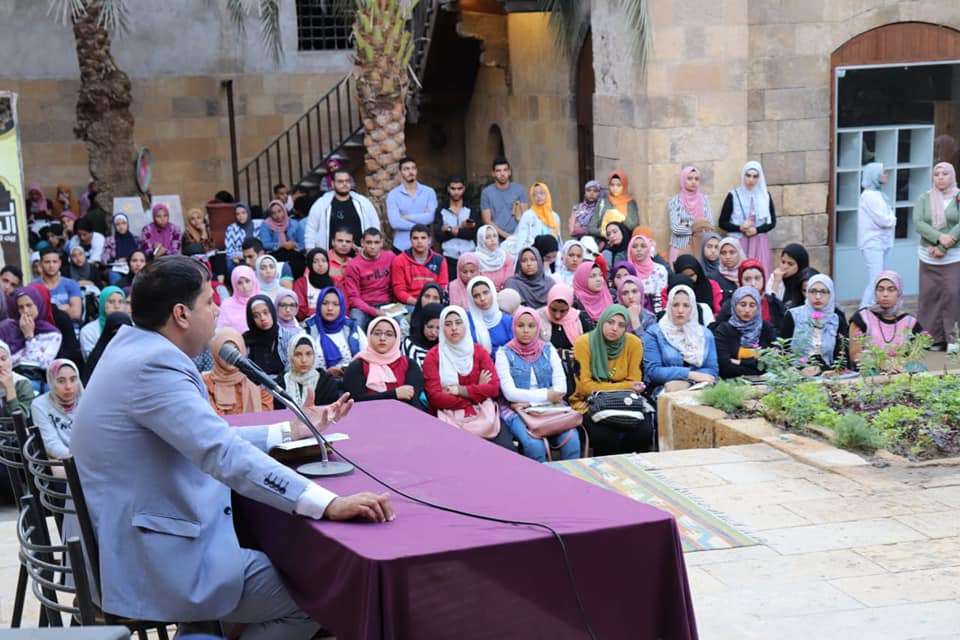Zahi Hawass Center of Egyptology at Bibliotheca Alexandrina organized a lecture entitled 'The Queens of the Pharaohs: The Drama of Love and Authority'. The lecture was delivered by Dr. Hussein Abdel Basir, director of the Antiquities Museum.
Dr. Abdel-Bassir emphasized that women in ancient Egypt were well respected and appreciated; they ruled the country as single queens; they had a role in ruling the country. They were wives to ruling kings, or ruled through the guardianship of their young sons, who were not yet able to rule the country.
In an interesting historical presentation, Abdel Basir introduced the queens of ancient Egypt, such as Queen Neithhotep from the era of the First Dynasty, Queen Cleopatra VII the last queen of the Ptolemaic dynasty and ancient Egypt, queens Hatshepsut, Nefertiti, Nefertai and others.
Abdel-Bassir pointed out to the importance of women in ancient Egypt as they represented the pillar of creativity and motivated men to work. Egypt topped the world in respecting women and granting them their full rights.
Women in ancient Egypt enjoyed a high status and enjoyed many rights, Abdel-Bassir noted confirming that the role of women in ancient Egypt was great and very important; they were equal to men.
The book deals with the biography of thirty Egyptian queens such as Queen Neithhotep from the era of the First Dynasty, queens Hatshepsut, Nefertiti, Nefertari and Twosret, and Queen Cleopatra VII the last queen of the Ptolemaic dynasty and ancient Egypt.
'The Queens of the Pharaohs: The Drama of Love and Authority' book will be an important addition to the Arabic library; it will be useful for all archaeologists.
Dr. Abdel Bassir has exerted a great effort in collecting scientific information about each queen, presenting this information in a simple, wonderful and beautiful way. 'The Queens of the Pharaohs: The Drama of Love and Authority' book should be read by every Egyptian citizen.
Contributed by Basant Ahmed


















